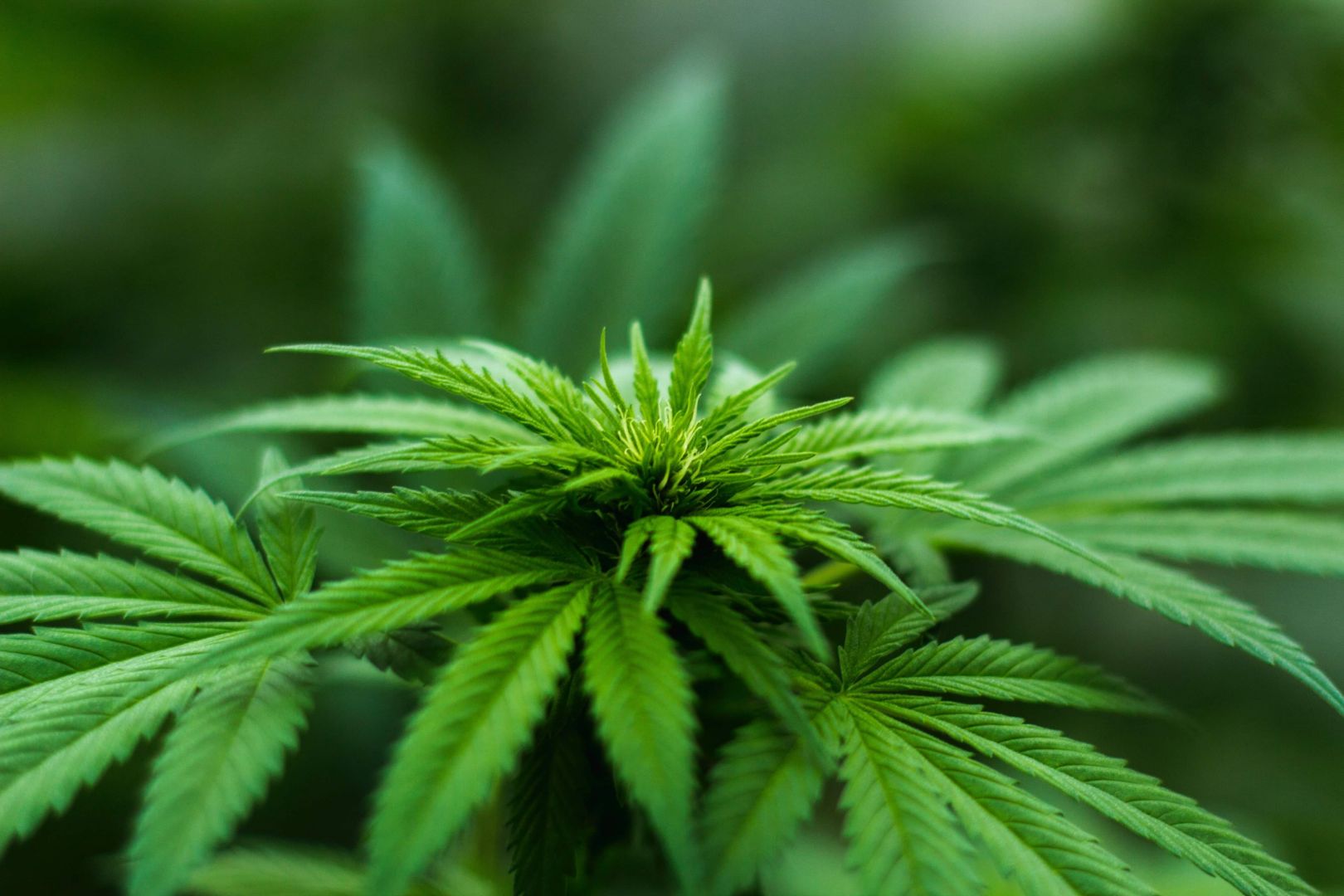La Trobe will soon become the world leaders in medicinal cannabis and opiate research with funding approved for a new research hub.
The $24 million medicinal agriculture research hub to be built at the Bundoora campus, will conduct vital research into the growth and use of medicinal plants.
La Trobe University’s Vice-Chancellor Professor John Dewar has said that it will be a “key component” of a $50 million commitment to the newly established La Trobe Institute for Agriculture and Food.
He says it will “play a pivotal role in the vision for La Trobe’s research and innovation precinct to support innovation, new product development and industry collaboration”.
The hub will provide many benefits for students, graduates and agricultural industry partners.
The Hub’s director Professor Tony Bacic says the most important benefit of the project is “the potential to improve health outcomes for thousands of people living with chronic medical conditions”.
With $2 million worth of scholarships available, students will be a key part of the research. Professor Bacic told upstart that La Trobe University will be incorporating medical agriculture into its undergraduate curriculum.
“At a minimum we will be training up to 20 PhDs that will be industry ready, because they will also get experience with industry partners working with them very closely,” he said.
Professor Bacic also predicts that several master of science students will be trained and 20 new research staff will be employed.
Research will be conducted into a variety of herbal products or purified pharmaceutics from cannabis extracts.
These extracts are used in palliative care as well as to treat epilepsy and chronic non-cancer pain. They also relieve symptoms of multiple sclerosis, chemotherapy-induced nausea as well as other clinically appropriate conditions.
Cannabis plants contain up to 100 chemicals called cannabinoids, but the main ones used in medicinal products are tetrahydrocannabinol (THC) and cannabidiol (CBD).
The psychoactive chemical THC creates the high associated with illegal recreational use, but when used medicinally it can improve sleep and appetite as well as reducing nausea, vomiting, pain and muscle spasms.
CBD is the chemical used to treat seizures and pain. It is not psychoactive but could be used as an anxiolytic and antipsychotic.
Only one product has been approved by the Commonwealth Therapeutic Goods Administration for use in Australia, but their products can be legally imported with permission through special access and authorised prescriber schemes.
There is already a large body of information on the medicinal properties of opioids and a variety of products are already in use in Australia and around the world. Some of the most commonly used opioids are Morphine, Pethidine, Codeine, Oxycodone, Fentanyl and Methadone. The research at the hub will focus on breeding new, disease-resistant varieties of opium poppies and increasing yield.
La Trobe will lead the project, but will be partnering with Cann Group Limited, TPI Enterprises, HEXIMA LTD, Olivia Newton-John Cancer Research Institute, The University of Melbourne, Under the Tree Biopharmaceuticals Pty Ltd, Bioplatforms Australia Ltd, SensaData Pty Ltd, Photon Systems Instruments and Palo Alto Research Center Inc.
This project will involve agricultural and biomedical researchers studying plant varieties, chemical synthesis and extraction techniques, commercial cultivation practices and provide Victorian producers with the tools to expand their enterprises..
Victoria was the first state to create legal pathways for patients to access medicinal cannabis. Because of strong support from the state government, the minister for agriculture and regional development, Jaala Pulford predicts the Victorian medicinal cannabis industry is “set to flourish”.
Professor Bacic estimates the industry will be looking for two to five thousand workers over the next five to 10 years, so training of technically skilled workers will also be part of the project.
The potential benefit of the hub for industry is estimated at an additional $1-2 billion per annum and the hub’s impact on cultivation and farming practices is expected to create 200 jobs that will benefit rural and regional Australia.
The cannabis will be cultivated at secure and tightly controlled environments and manufacturing, wholesaling and distributing will be subject to strict regulations. Patients will be able to access medicinal cannabis products in the same way as opioids, at a pharmacist with a prescription from a medical practitioner.
Becky Steepe is a second year Bachelor of Media and Communications (Media Industries) student at La Trobe University. You can follow her on Twitter @BeckySteepe
Photo: “Shallow Focus Photography of Cannabis Plant” by Michael Fischer, available here.







